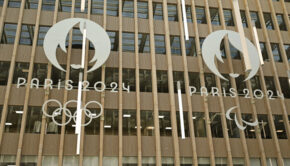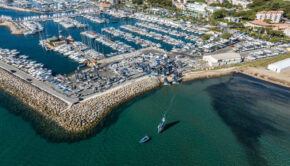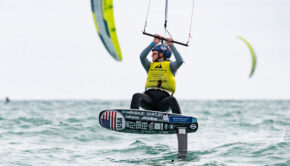Imagining consequences of cancellation
Published on January 13th, 2021
There is nothing simple about the decisions to be made regarding the Tokyo 2020 Olympics this year. Last March, it was a seemingly impossible choice to postpone the Games one year. Looking forward, that may prove to have been the easiest of calls.
What we are talking about is the integrity of a billion dollar house of cards.
For Japan, hosting the Olympics has to do with justifying at least $25 billion in “sunk costs,“ satisfying domestic sponsors who have pumped a record of $3.5 billion into the games driven by giant ad agency Dentsu, and gaining in the geopolitical contest with neighboring China.
For the Switzerland-based International Olympic Committee (IOC), it’s a question of stabilizing its shaky income, 73% of which comes from selling broadcast rights — getting the Olympics on television. Another 18% is from sponsorships.
American broadcaster NBC will pay more than $1 billion for the Tokyo rights, and its payments over a four-year Olympic cycle — including the Winter Games — account for about 40% of the total IOC’s income.
Unlike the NBA, English soccer, or other sports businesses, the IOC has only two major events — the Summer and Winter Olympics. Dozens of international sports federations, including World Sailing, along with many of the 200 national Olympic committees live off the IOC income.
Cancel the Olympics this summer and cards go flying.
Dr. Atsuo Hamada, an infectious disease specialist at Tokyo Medical University Hospital, said the Olympics could bring “pride and legacy” and possibly short-term economic benefits — but also “the games may be one factor that could contribute to the risk of rising infections.”
The virus hasn’t traveled the world on the internet. Stopping people from traveling is necessary, and while the USA was highly criticized for banning travel from China a year ago, and then most of Europe in March 2020, that has now proven to be an effective tactic.
With the upcoming America’s Cup, New Zealand was able to manage the coronavirus through border control, and now Japan has suspended the entry of all nonresident foreign nationals into the country as part of its efforts to curb the spread of COVID-19.
While some countries require specific medical insurance plans for travel to ensure health costs will be covered if illness occurs, the USA now will be requiring overseas travelers to provide proof of a negative coronavirus test result before they are permitted to board inbound flights.
The impact of the postponement has been massive, but it’s hard to imagine the consequences of the cancellation.
“All I can say is that we will go ahead with our preparations,” said Tokyo Olympic organizing committee chairman Yoshiro Mori. “There will always be morning even after a long night. Let’s work together to overcome this major challenge.”
Tokyo Olympic Sailing Program
Men’s One Person Dinghy – Laser
Women’s One Person Dinghy – Laser Radial
Men’s Two Person Dinghy – 470
Women’s Two Person Dinghy – 470
Men’s Skiff – 49er
Women’s Skiff – 49erFx
Men’s One Person Dinghy Heavy – Finn
Men’s Windsurfing – RS:X
Women’s Windsurfing – RS:X
Mixed Multihull – Nacra 17
Original dates: July 24 to August 9, 2020
Revised dates: July 23 to August 8, 2021









 We’ll keep your information safe.
We’ll keep your information safe.